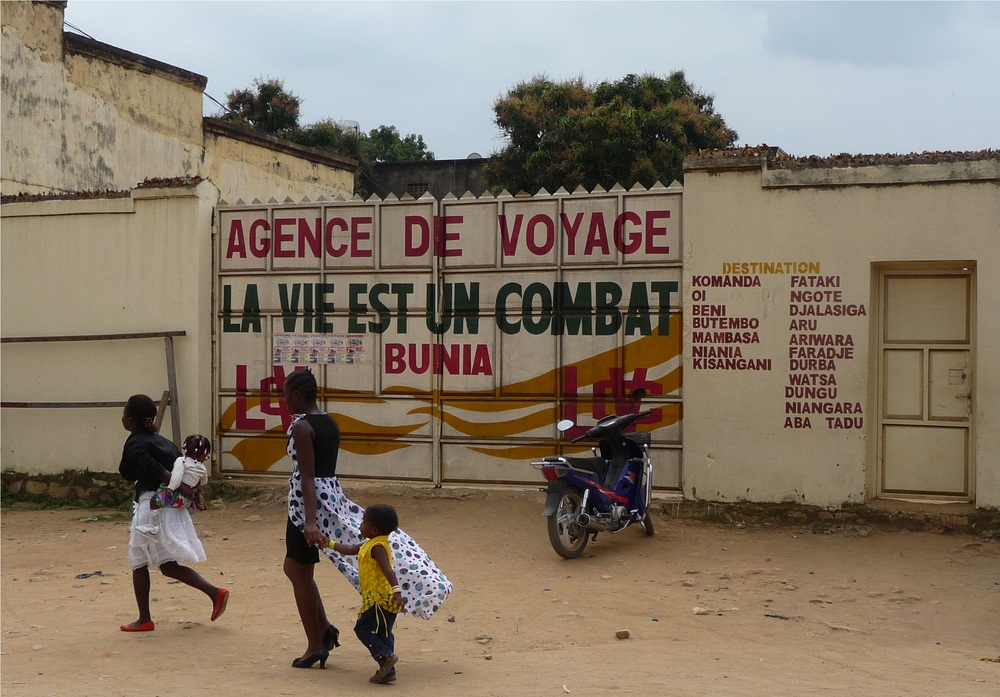
For decades, eastern DRC has been plagued by armed conflict, land disputes and ethnic tensions. Tens of thousands of people have died, and hundreds of thousands are (internally) displaced. The violence has severely affected the social cohesion in eastern DRC, as well as people’s trust in the Congolese government. The latter is virtually absent in the region, and does not have the capacity, nor the means or motivation to respond to the needs of the population. Moreover, the population barely has a say in decision-making processes. These deteriorated state-society relations can be a conflict driver in themselves.
In order to stabilize the region, it is crucial to strengthen the state-society relations. PAX, IOM, Cordaid and VNG International promote this through the CISPE programme in North Kivu and Ituri. PAX seeks to enable communities to address the conflicts themselves, while the others try to improve the effectiveness of the police, the territorial administration, and the judiciary. The ultimate aim is to create trust and an open dialogue between the local population and the authorities.
- CISPE programme leaflet - Ensemble cest possible
- Landconflict in Ituri
- CISPE Magazine #1
- CISPE Magazine #2
- Pays des Trois Collines (2018)
- Reigniting Ituri? Towards a reading of the 2018 Djugu violence
- Résurgence des violences en Ituri? La crise de Djugu de 2018
- Approche PAX au sein du projet Pamoja Inawezekana
- COMPLÉMENTARITÉ ET CONCURRENCE
Activiteiten & resultaten
Local conflict mediation
PAX works with around 250 local peace committees in Ituri, which are trained in conflict mediation and in rules and regulations concerning security. They monitor the security situation in their area, assess local common concerns, and mediate and resolve conflicts in the community. Cases range from marital conflicts to border disputes to homicide. Those that cannot be solved by the local peace committees themselves, are referred to the police, judiciary or other relevant state institutions.
Security monitoring and data collection
The local peace committees not only mediate and resolve conflicts, but also closely monitor the security situation in their area. They register security incidents that happen in their direct surroundings, and upload them to a database that is managed by PAX’ local implementing partners. Every month a monitoring report is produced on the basis of these data, which is shared in Security Committees. These consist of state security actors such as local administration, police, army, justice, intelligence services, and different civil society representatives.
Dialogue between society and state
PAX also facilitates community consultations, where members of the local peace committees, local leaders, youth, women, and key-community actors such as teachers and church leaders identify conflicts and common concerns in their communities. In a later large-scale community gathering these issues are presented to the authorities responsible for security. Together all participating parties than try to find peaceful ways to resolve them. This session finally culminates in a Round Table meeting, where the concerned authorities and the community representatives sign an agreement to work on the solutions.
Lobby and advocacy
PAX trains the members of the local peace committees, as well as a number of local women’s and youth NGOs, in lobby and advocacy. The knowledge and skills acquired by these trainings allows them to express their grievances and needs to decision makers at different levels. These can be government representatives, but also church leaders, business (wo)men or international actors.




